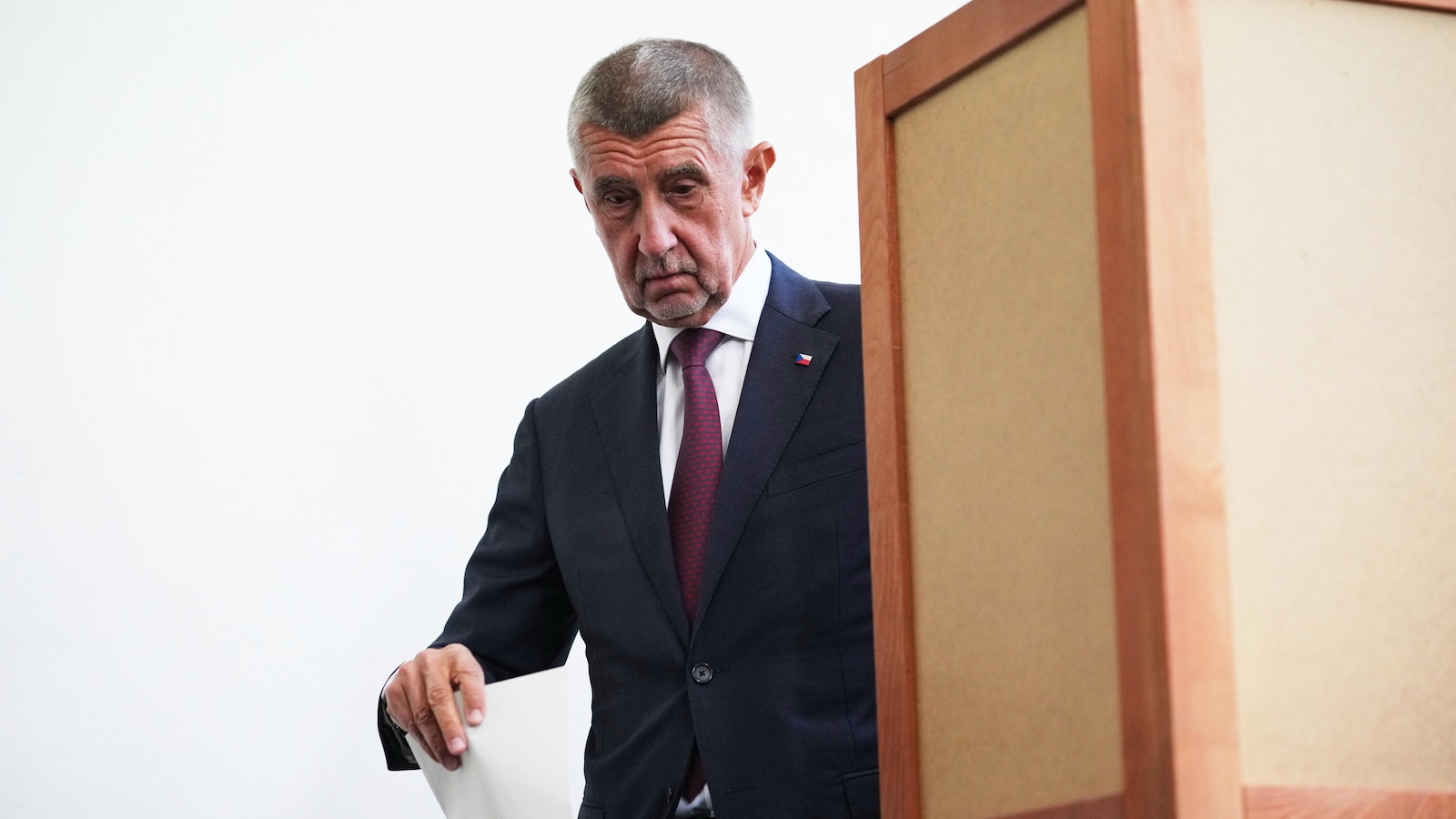PRAGUE — PRAGUE (AP) — Czechs cast ballots on Saturday in the second and final day of a parliamentary election that could put the country on a course away from supporting Ukraine and toward Hungary and Slovakia, which have taken a pro-Russian path.
Billionaire Andrej Babiš is predicted to be the latest populist leader in Central Europe to stage an electoral comeback. Opinion polls favor Babis to beat a pro-Western coalition led by Prime Minister Petr Fiala that defeated him in the 2021 vote.
With the victory, Babis would join the ranks of Prime Ministers Viktor Orbán of Hungary and Robert Fico of Slovakia, whose countries have refused to provide military aid to Ukraine, continue to import Russian oil and oppose European Union sanctions on Russia.
The Czech Republic has been a staunch supporter of Ukraine since Russia’s full-scale invasion in February 2022. The country has donated arms including heavy weapons to the Ukrainian armed forces and is behind an initiative that acquires artillery shells Ukraine badly needs from countries outside the EU.
Babiš has questioned such support and also refused to fully endorse a NATO commitment to significantly increase defense spending.
He joined forces with his friend Orbán last year to create a new alliance in the European Parliament, the “Patriots for Europe,” to represent hard-right groups, a significant shift from the liberal Renew group that Babiš previously belonged to.
The Patriots are united by anti-migrant rhetoric, a critical stance toward EU policies tackling climate change, and the protection of national sovereignty.
His populist ANO (YES) movement, which he defined as a “catch-all” party, lost the parliamentary election in October 2021 after a turbulent term including the COVID-19 pandemic. A coalition of five parties formed a new government.
Babiš would prefer to rule alone, but polls indicate he could win with some 30% of the vote. That would be about 10 percentage points more than Fiala’s coalition but not enough to form a majority government. He has ruled out cooperation with any of the parties that have been in the government after the 2021 election.
His potential partners include two coalitions that are openly pro-Russian and want to lead the country out of the EU and NATO. Babiš declared that was not his intention. Another potential ally, a right-wing group calling itself the Motorists that is backed by former EU-skeptic President Václav Klaus, has vowed to reject the EU’s environment policies.
